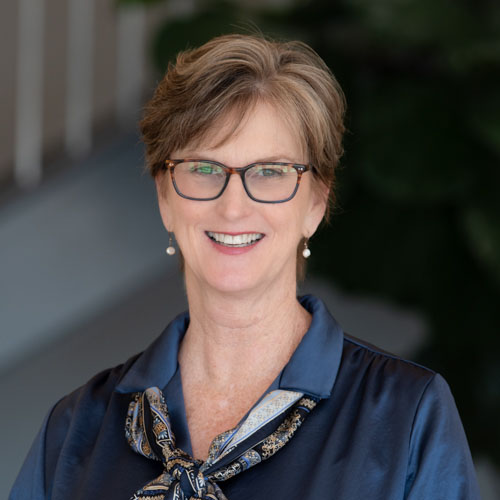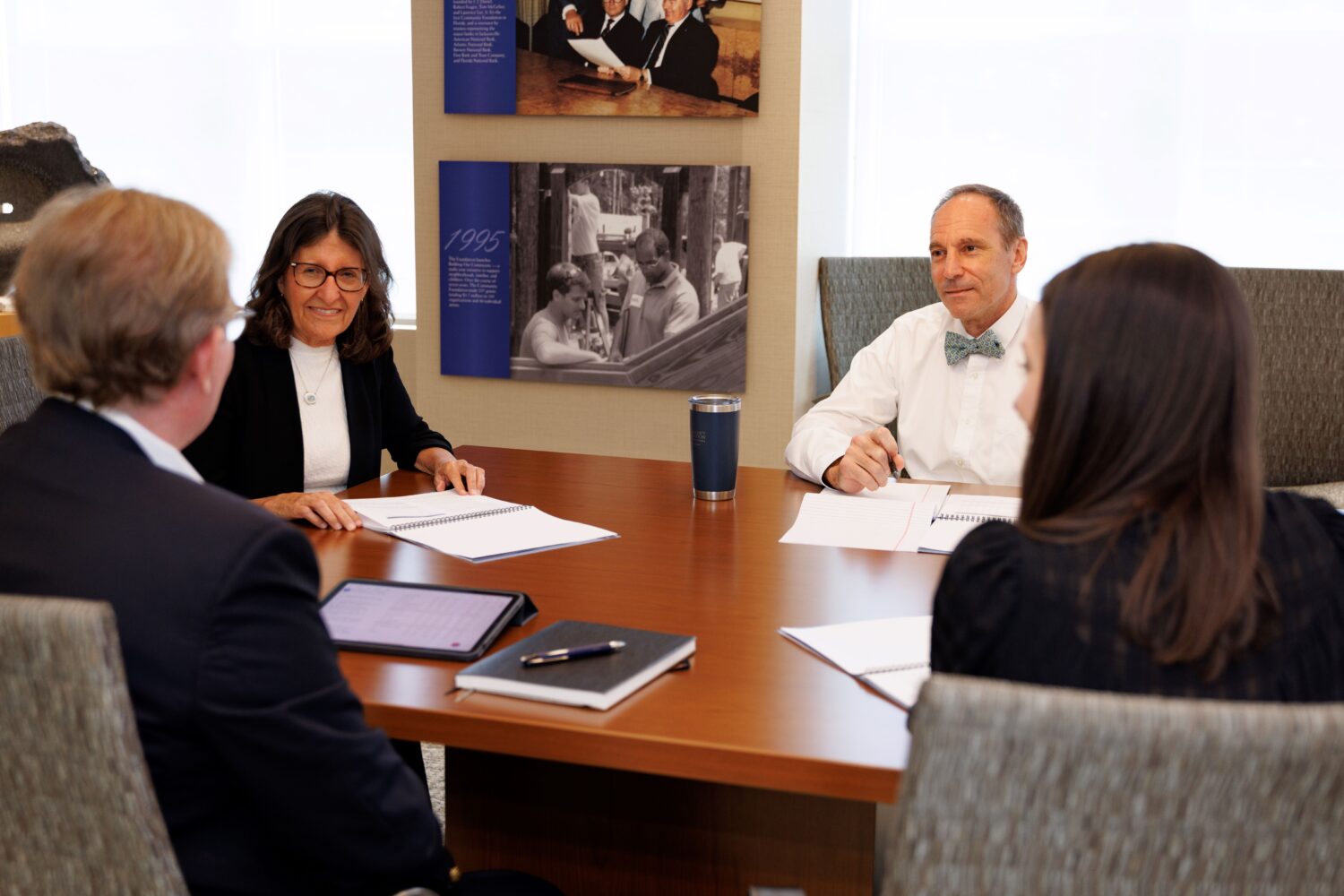
John Zell, CAP®
Senior Vice President, Development
Donor advised funds (DAFs) have grown dramatically in popularity since the first one was established in 1931 by the New York Community Trust and replicated by community foundations across the country. Today, they are offered by community foundations as well as through commercial DAF sponsors such as Vanguard, Fidelity, and others.
People often ask me how a DAF at The Community Foundation for Northeast Florida (TCF) differs from a commercial gift fund (CGF). Here are some key points of comparison.
GRANTS & COMMUNITY EXPERTISE:
CGF and TCF both make grants to any public charity or equivalent in the US. Fidelity’s minimum grant is $100, and TCF’s is $250.
What sets TCF apart is our knowledge of the community and the organizations that work to make it a better place to live.
For example, if a donor reads a news story about an afterschool program in New York that offers both athletics and academic enrichment and wants to support a similar program locally, Fidelity can’t help.
We have a team of 30 staff members, and more than half work directly with donors and non-profits. We will know—or can find the answer—in short order.
CUSTOMER SERVICE & PHILANTHROPIC EXPERTISE:
We are a boutique, donor-service oriented organization. Our fees are higher, but we provide exceptional service to all of our clients—not just those with mega-funds. We meet people where they are, and focus on their passions. While that may not be the first consideration for donors’ routine giving via a DAF, it is very important for legacy planning.
We can also talk with your clients about their strategic philanthropy goals and how to structure their giving to maximize their philanthropic impact beyond their CGF. We help donors maximize their resources for charity through tax- advantaged donations of appreciated securities, closely held businesses, and real estate, both during the donor’s lifetime and through an estate.
LEGACY:
When a DAF donor dies, what happens to the assets of the fund?
At TCF, we have several options:
- successor advisors (children or friends with unlimited successor rights, if desired)
- grants to designated charity(ies)
converting the fund to an endowment for designated charities, or to support work in an area of interest to the donor (environment, children, arts, pets ) - With all endowed funds, the Foundation’s job is to make sure the donor’s intent is carried out.
COST:
The CGF fees are typically lower than TCF. An example: a $500,000 fund would be charged $3,000 at Fidelity, assuming a fee of 0.6% and $100 minimum at the CGF.
At The Community Foundation, the fund would be charged $5,000 through a 1% fee on the fund’s net assets, with a minimum fee of $100. As funds get bigger, both TCF and commercial DAF sponsors have tiered fee schedules, and Fidelity discounts faster and deeper.
INVESTMENTS:
The CGF will have more investment options because they are connected to investment houses. TCF offers five investment pools to choose from, including the Local Capital Pool, which makes low-cost loans to expand affordable housing and small businesses.
ONLINE EXPERIENCE:
The CGF online portal will have a similar touch and feel as the investment portal.
TCF has a grants portal that provides grant history and fund values and allows the user
to make grant recommendations. In the future, donors will also be able to see their quarterly statements.
CHARITABLE MISSION:
TCF provides services to the community beyond grantmaking, like planned giving counsel to non-profits, donor-education programs, giving circles, and agency endowment programs.
Our mission includes the important work of managing endowments for many direct-service organizations across the region. We may not feed the hungry ourselves, but we manage many endowments for nonprofits that do.
Here to Help


